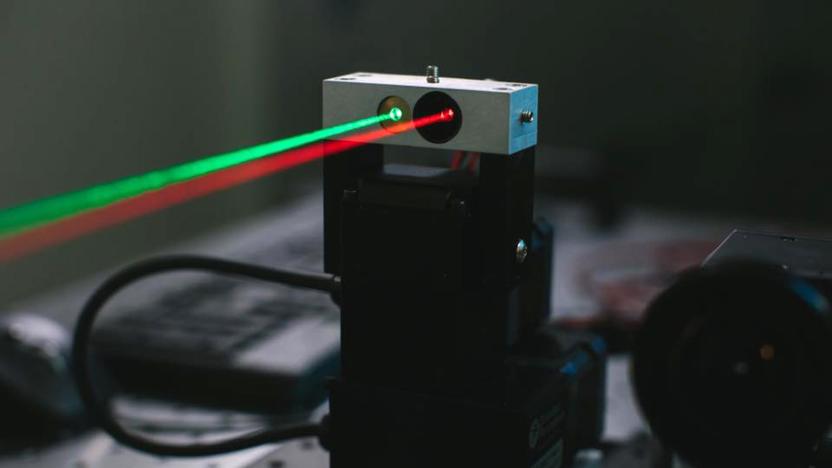connectivitylab
Latest

Facebook has mapped the population of 23 countries in incredible detail (updated)
In its research into the best way to provide the internet to the entire world, Facebook has mapped where all 7.5 billion people on the planet live. By combining government census data and satellite images along with some help from Facebook's image recognition neural network, the company can now locate every single man-made structure to within just five meters. The mapping technology is being used to figure how to deliver internet to populations that currently don't have it or have poor connections to it. Along with ground networks, Facebook has determined that using drones and satellites will be most effective in pushing connectivity further. CNBC reports that Facebook's head of strategic innovation partnerships and sourcing, Janna Lewis, said at the Space Technology and Investment Forum this week, "We're trying to connect people from the stratosphere and from space."

Facebook opens a giant hardware lab to build its future
Hardware will play a big role in Facebook's future between Oculus' VR headsets, internet drones and open source networking gear, and the social network wants to give that technology the best start possible. It just opened Area 404 (yes, a play on "site not found"), a massive 22,000 square foot facility at its Menlo Park headquarters that will handle the brunt of Facebook's hardware "modeling, prototyping and failure analysis." Unlike some labs, it's not segmented into product-specific divisions -- instead, there are only electrical engineering and prototyping workshop sections. It's designed to encourage cross-team collaboration that could lead to discoveries that might not happen in an isolated group.

Facebook details a way to offer laser-based internet access
Have you wondered how Facebook might offer high-speed internet access using lasers? The company's Connectivity Lab is happy to show you. It just published a research paper explaining laser beam technology can deliver up to 2Gbps to remote places. The trick, it says, is to use fluorescent optical fibers to collect the light instead of relying on traditional optics. Since the fibers don't emit the same color that they're absorbing, you can shine a brighter light at them (similar to a solar concentrator) and manage an extremely quick turnaround time of under 2 nanoseconds. Combine that with multi-stream data encoding and you get the ample bandwidth that's normally reserved for WiFi and wired networks.

Facebook made a solar-powered plane to deliver internet
Facebook started teasing its internet-beaming planes last year, but now we're seeing one that it actually built. Pictured above is Aquila, a solar-powered, 140-foot unmanned plane that's designed to deliver internet connectivity from altitudes of 60,000 to 90,000 feet. The UAV, which has the wingspan of a Boeing 737 and weighs roughly 880 pounds, will be able to circle a specific area for up to 90 days when deployed -- a feat possible thanks to its dependence on nothing but solar energy. What's also interesting is how it gets up in the air; Facebook says it uses a balloon to carry Aquila to the aforementioned altitude range, although it's still unclear how the Federal Aviation Administration plans to control this type of traffic.

Facebook aims to connect the world with 'drones, satellites and lasers'
Following the hubbub of its recent acquisition of virtual reality firm Oculus VR, Facebook has just announced something slightly more altruistic: a team dedicated to bringing basic internet access to everyone in the world. Simply dubbed the Connectivity Lab, the crew is a result of Internet.org, a global initiative Mark Zuckerberg introduced back in August of last year. In collaboration with Ericsson, MediaTek, Nokia, Opera, Samsung and Qualcomm, Internet.org has reportedly already helped three million new people in Philippines and Paraguay get online. But a lot remains to be done, which is where Facebook's Connectivity Lab comes in. Its goal? To develop new connectivity platforms for internet delivery, which apparently includes "drones, satellites and lasers," according to a statement from Zuckerberg.



